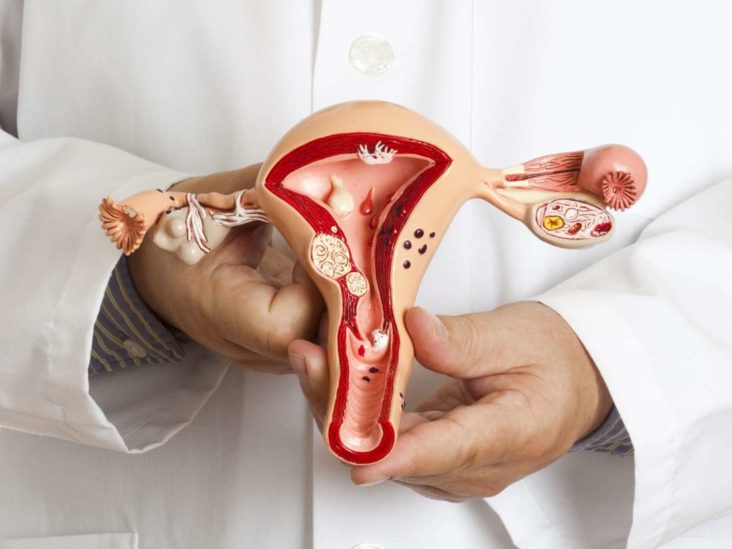-

opening hours
Mon-Sat 09:00 AM - 17:00 PM -

call us
+91-88604 50774
opening hours
Mon-Sat 09:00 AM - 17:00 PM
call us
+91-88604 50774

Uterine fibroids which are commonly found in a majority of women can be termed as growths in the uterus which are mostly non-cancerous.
With the following changes in your diet and lifestyle, the doctors of the top hospital in Delhi believe that you can reduce the risk of getting fibroids:
Eat more portions of fruits and fresh vegetables. You can also add more legumes and fish to your diet.
Avoid foods like red meat which can increase your risk. Foods that are rich in fibre are delicious as they balance hormones and keep the sugar levels stable.
Eat more potassium-rich foods like bananas or avocados. Consume more of dairy products like yoghurt and cheese.
Avoid foods which comprise of simple carbohydrates and contains high sugar level.
Vitamin D is believed to cut down your risk for fibroids, so get more sunlight and also have vitamin D supplements together with foods rich in Vitamin D like cheese, fortified milk, or cod liver oil.
Bring balance to your estrogen levels naturally by avoiding excess weight and keeping your distance from chemicals like those in non-stick vessels that can play havoc with your hormone levels. Reduce estrogen increasing foods like red meat, chocolate, or soy milk.
Control your blood pressure by consuming less salt, sodium-rich foods, or exercising as high blood pressure is known to be linked with fibroids.
Nonsurgical methods include the use of hormone agonists which release gonadotropin (GnRH) or the use of androgenic agents like danazol. There are also non-invasive methods such as uterine fibroid embolization (UFE) or Focused ultrasound (FUS), which uses MRI as a guide.
Conventional surgical methods include Myomectomy or Hysterectomy.
When left untreated, both ovarian cysts and uterine fibroids can lead to unnecessary complications. Hence, getting the best obstetrics treatment in Delhi is vital. So, it is good to have regular checkups done by a gynecologist and to make appropriate changes in your lifestyle and diet to improve the chances of successful treatment and also to prevent cysts and fibroids.
Ovarian cysts are sacs filled with fluid, and they are usually formed in one of the ovaries. The ones most commonly found are functional cysts like corpus luteum and follicle cysts.
Even though ovarian cysts cannot be prevented, they can be detected early by taking regular gynecological examinations. They may reduce fertility if left untreated, so it is better to visit a top hospital in Delhi regularly for checkups.
In most cases, cysts are known to disappear after a few weeks or months. So doctors usually recommend repeat tests before starting a line of treatment. There are two types of best obstetrics treatment in Delhi which are as follows:
Nonsurgical methods: When there are recurrent cysts, the doctor may prescribe birth control pills to curb the formation of new cysts.
Surgical methods: If the cyst increases in size, then doctors may recommend surgery for its removal. There are two forms of procedure conducted during Surgery. One is cystectomy where the cyst is removed, and another method called oophorectomy is for the removal of the ovary.